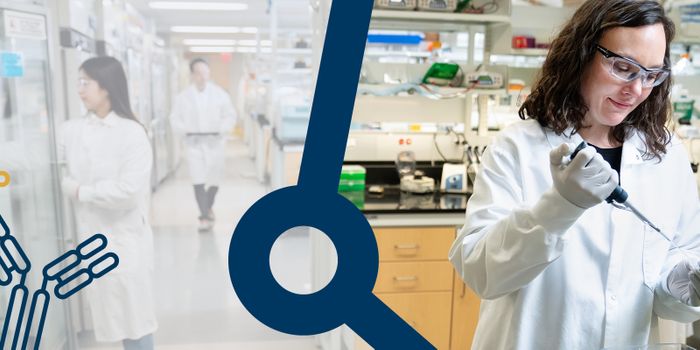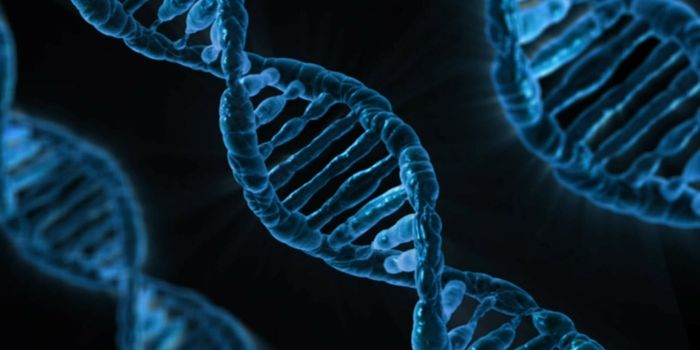Drug that Fights Alcoholism Also Fights Cancer
The drug that helps alcoholics kill their vice can also help kill cancer cells. And in a new study, researchers uncover the mechanism behind the anticancer effects of this anti-drinking drug, renewing the potential that this drug may someday be an option for cancer patients.
Known as disulfiram (trade name Antabuse), this drug is a potent inhibitor of acetaldehyde dehydrogenase, the enzyme responsible for metabolizing alcohol in the liver. When disulfiram is taken, any exposure to alcohol induces severe “hangover” symptoms, including flushing, throbbing headache, nausea, “copious vomiting,” and a slew of other unpleasant side effects, according to the manufacturer. So while disulfiram can’t be considered an antidote to alcoholism, it makes drinking so unpleasant as to help the person break their alcohol addiction.
But disulfiram has another power, killing cancer. Researchers have known this secondary effect since the 1970s – some studies have shown that disulfiram kills cancer in cells and in animal models. But how does this anti-drinking drug exert anti-cancer effects?
Researchers from the Danish Cancer Society Research Center in Copenhagen decided to pursue this hopeful path. They aimed find a link between disulfiram and survival in cancer patients. If indeed there is a link, they aimed to uncover the mechanisms behind disulfiram’s anticancer properties.
To answer their first aim, the team collected and analyzed data from over 3,000 Danish people who have been diagnosed with cancer. Mainly, they compared the survival of patients who took disulfiram after diagnosis versus those who stopped using the drug.
The team found an astonishing correlation: those who were on disulfiram after their cancer diagnosis had a 34 percent reduction in the risk of death from cancer, as compared to those who weren’t taking disulfiram. This protection seemingly applied to those suffering from colon, prostate, and breast cancers.
Taking the results even further, the team investigated disulfiram’s mechanisms in cancer cells and later in a mouse model. They landed on a key molecule, NPL4–p97, which promotes tumor growth. As it turns out, disulfiram immobilizes this protein, which consequently suppresses tumor growth.
“This paper solves a puzzle that has persisted in cancer research for decades,” said Michele Pagano, a cancer biologist at New York University who was not involved in the study.
Because disulfiram is an old drug, the road towards repurposing this drug for cancer treatment could be significantly shortened. And while pharmaceutical companies won’t exactly be clamoring for dibs (no patent protection, little financial incentive), the drug still holds a vast appeal for researchers, doctors, and cancer patients.
"Our results help to explain the anticancer activity of the alcohol-abuse drug disulfiram," said Jiri Bartek, the study’s senior author. "From a broader perspective, our study illustrates the potential of multifaceted approaches to drug repurposing, providing novel mechanistic insights, identification of new cancer-relevant targets, and encouragement for further clinical trials."
"[Disulfiram is] an old, safe, and public domain drug that might help to save lives of patients with cancer worldwide,” the team concluded.
Additional sources: Miami Herald, Nature, MNT









